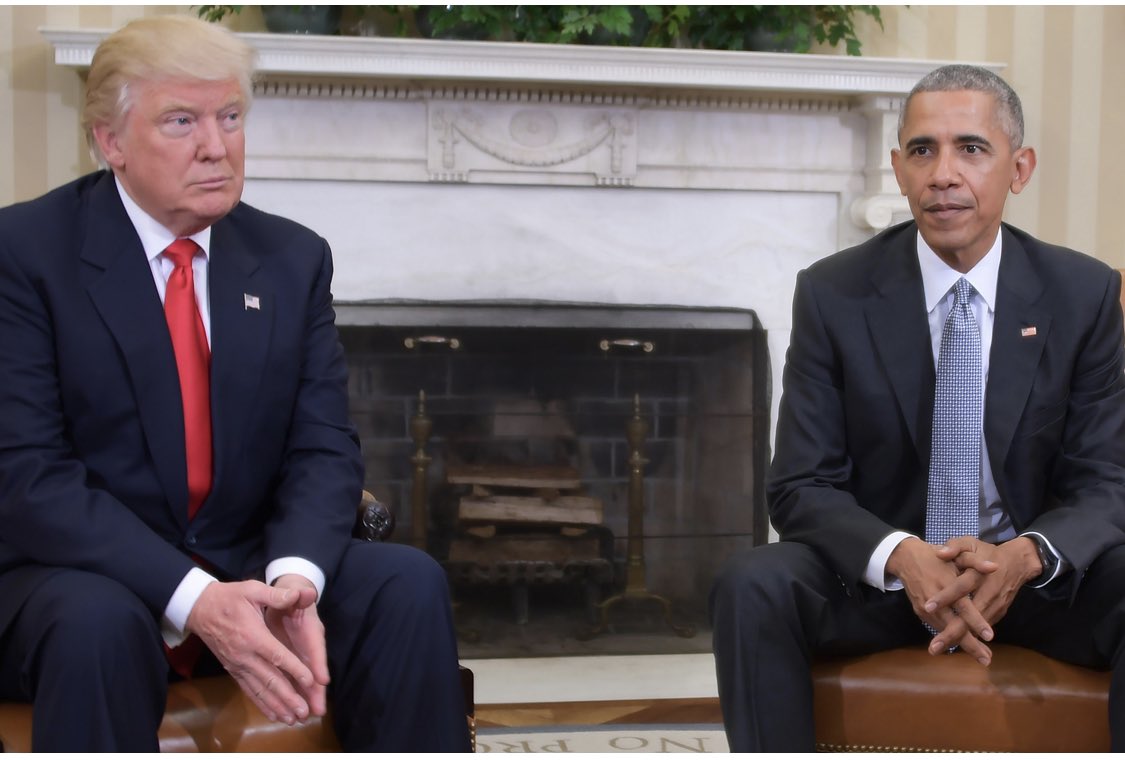On Saturday, I attended the 50th Anniversary celebration of #TheCockettes, the San Francisco drag troupe (1970-73) which birthed bearded drag and whose members included #Sylvester and was the West Coast home of #Divine. #JohnWaters joined to share his favorite memories.
❤️👠



❤️👠




It was amazing to be in an audience which included many people in their 70s and 80s (and older) dressed in drag.
[Video Description: Filmmaker John Waters telling seniors in the audience that if they did LSD in the early 1970s, they should do it again.]
[Video Description: Filmmaker John Waters telling seniors in the audience that if they did LSD in the early 1970s, they should do it again.]
One thing I learned during the evening was that Hibiscus (George Harris III), the Founder of #TheCockettes was the individual shown placing flowers into the rifles of soldiers in that 1967 photo made famous around the world. He also invited the concept of bearded drag.
🌺🧔👠


🌺🧔👠



My friends and I dressed up in gold (like much of the audience). A friend took me to a 40th celebration of #TheCockettes while I was on a work trip to 10 years ago, and it convinced me to move to San Francisco.
[Video Description: Me, a white man, showing a gold outfit.]
[Video Description: Me, a white man, showing a gold outfit.]
I also made a pair of early-70s inspired psychedelic pants in the fashion of much of the visual art surrounding #TheCockettes.
I may have been one of the younger people there in a sold-out theater. So many queens there with canes and using wheelchairs. It was a beautiful thing!
I may have been one of the younger people there in a sold-out theater. So many queens there with canes and using wheelchairs. It was a beautiful thing!

• • •
Missing some Tweet in this thread? You can try to
force a refresh





